How to prevent falls – and what to do if you have one
Advice from a brain injury expert on reducing your risk of a tumble and how to spot the signs of concussion if you do fall.
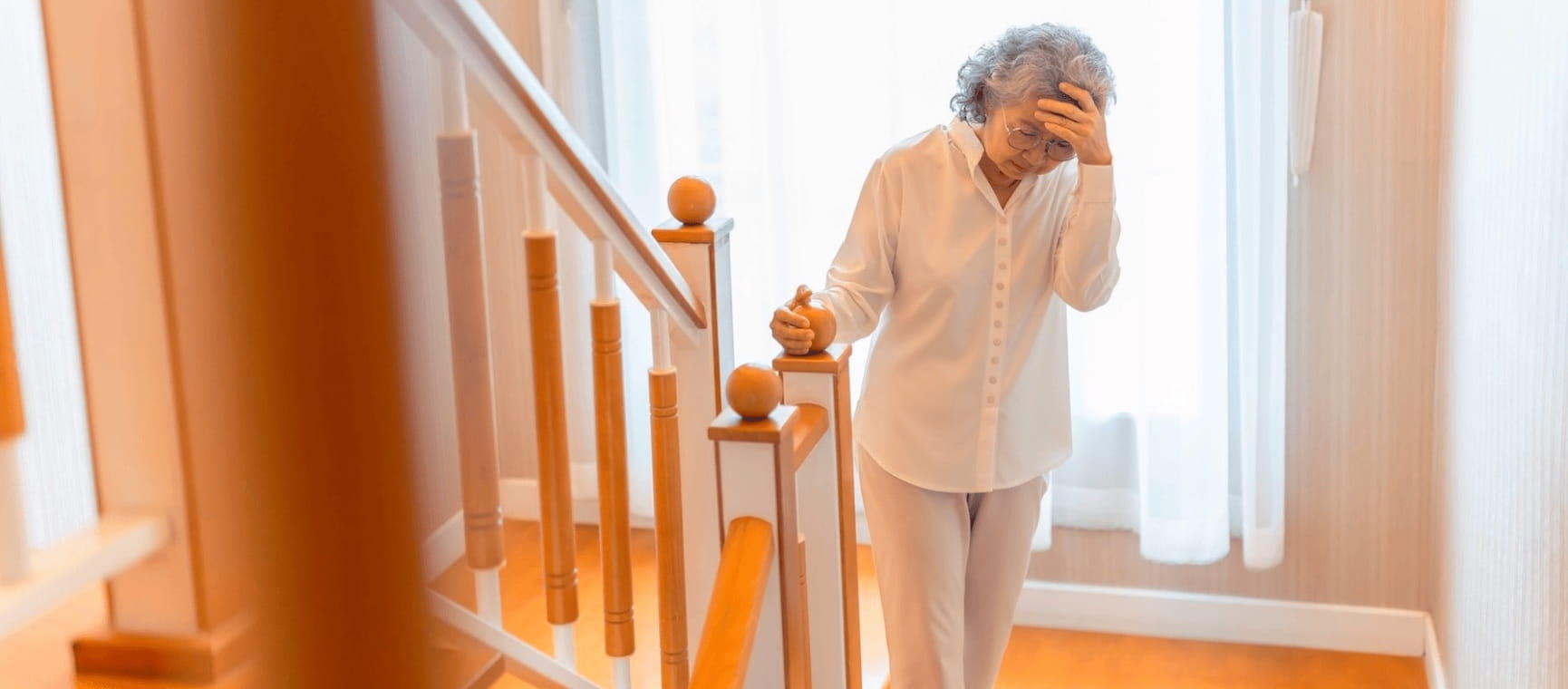
Advice from a brain injury expert on reducing your risk of a tumble and how to spot the signs of concussion if you do fall.

Taking a tumble at home is surprisingly common, especially as we get older.
In fact, one in three people aged over 65 will fall at least once a year at home, with the risk increasing for women at menopause, which can impact balance and reduce bone density. While lots of falls are minor, some can lead to concussion.
With one person admitted to A&E every 90 seconds for a brain injury, accidents at home can lead to severe consequences.
Falls can happen at any time to any of us. While we can’t completely remove the risk, knowing how to reduce it is really important, especially as we get older.
A simple thing you can do to prevent falls is to have a chat with your GP. They can assess you for risk for falling and also review your medicines. If needed they can refer you onward to the more specialist falls clinic service.
If you’re taking a regular prescription, it’s really important to see if any of these might actually make you dizzy or sleepy.
How often are you visiting the optician? It’s important to have your eyes checked at least once a year to make sure you pick up any vision problems that can contribute to a fall.
We have a complex visual and balance system and as we age this can falter, leading to issues around our ability to perceive where we are in space, as well as impacting our ability to manage uneven ground and camber.
One of the reasons we fall more often as we age is because of losing our strength and balance – as well as our bone density.
It’s easy to do simple strength and balance exercises to make your legs stronger and improve your balance, such as practising standing on one leg for short periods or practising getting up easily from sitting to standing.
Let's talk about making your home as safe as possible. Have handrails on steep stairs and ensure good lighting throughout. These don’t need to be a sign of old age – they’re there to help keep you dancing the night away for longer!
Remember, falls can happen at any age, so if you have the grandchildren come to visit, make sure their space is safety-proofed too.
Taken a fall around the house? How can you know if you need to dash to A&E or just recover at home? Firstly, let’s educate ourselves about the signs of concussion. Make sure you look out for these after any fall.
You probably know the obvious ones – like sleepiness and vomiting – but there are lots of others that might be more subtle. Things like dizziness, headaches, and sensitivity to light or noise are also concussion red flags, as well as balance issues or even ringing in your ears.
You might also struggle to find the right words or your brain might feel cloudy or foggy.
Any concussion warrants medical attention, so if you take a fall at home where the head is affected and you notice any of the signs above, no matter how minor, you should head to your A&E department right away.
The good news is that most of us make a full recovery from falls. If you are dealing with a concussion, symptoms tend to fade after a few days, but they can linger for longer.
If you’ve taken a fall, there’s no need to lie in a dark room for 2-3 days – you can still go about some daily activities (once you’ve been seen by a medical professional) although at a slow and gentle pace. You’ll need to take it easy for at least a week or two.
Avoid computers, as they can increase symptoms due to the body’s visual processing systems struggling after a concussion. You might struggle with fogginess and headache.
Every brain recovers differently, as each one is as unique as a fingerprint. Keep an eye on any lingering symptoms and go back to your GP if you have any concerns.
Natalie Mackenzie is a cognitive rehabilitation therapist who has 20 years of experience in supporting families with brain injuries, such as strokes. She also supports individuals with fatigue and offers cognitive assessments.
View author page

Get 3 months free, plus a £125 Totally Rewards Wellness Gift Card when you start a new policy by the end of 19 February 2026. T&Cs apply.
Underwritten by Bupa Insurance Limited.

Saga offers escorted tours throughout Europe and as far afield as South Africa, Japan, Canada and Australia, plus hotel stays in popular European hotspots including Spain, Portugal, Croatia and Greece.
For a limited time only, you can save 10% on all 2026 escorted tours and 10% off any hotel stay 14-nights or longer departing before March 31, 2027#.
#Terms and conditions apply.
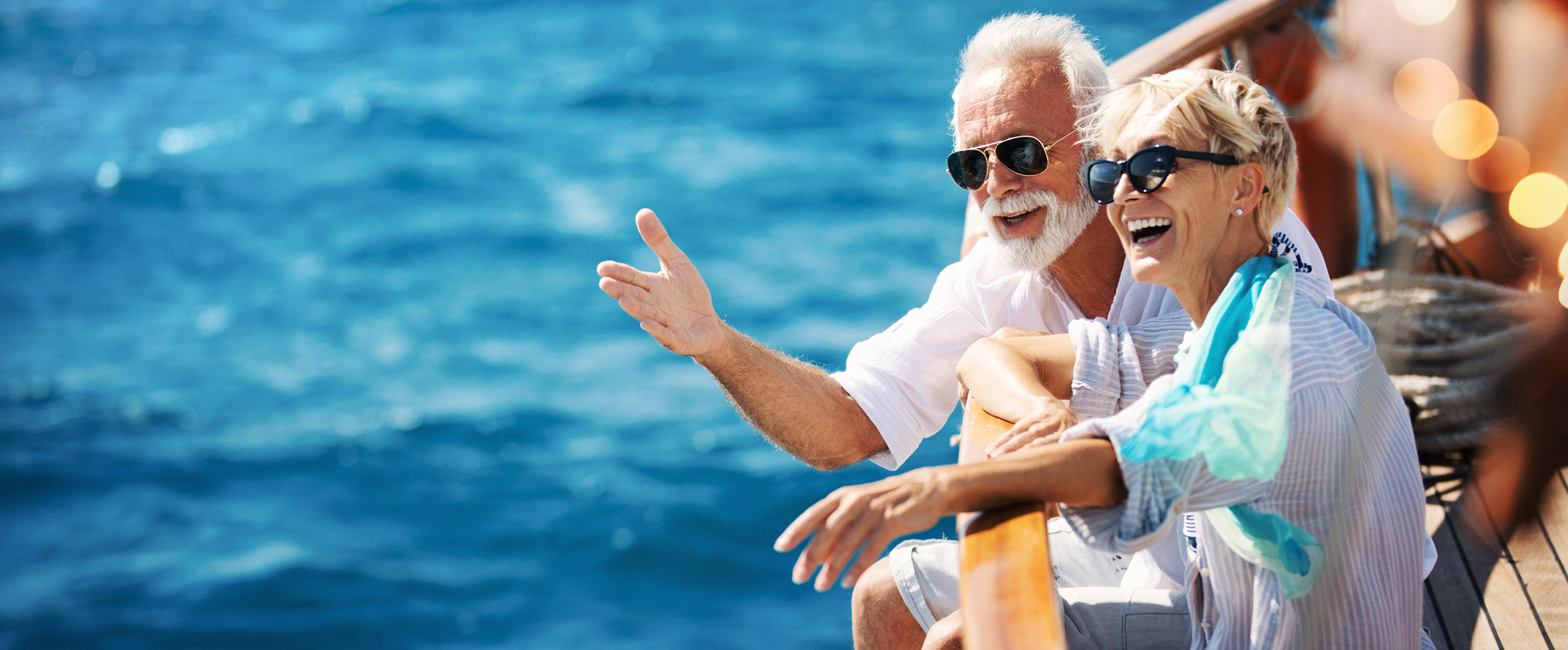
Are you retiring at the wrong age? The best age to retire for your body, brain, happiness and pocket.
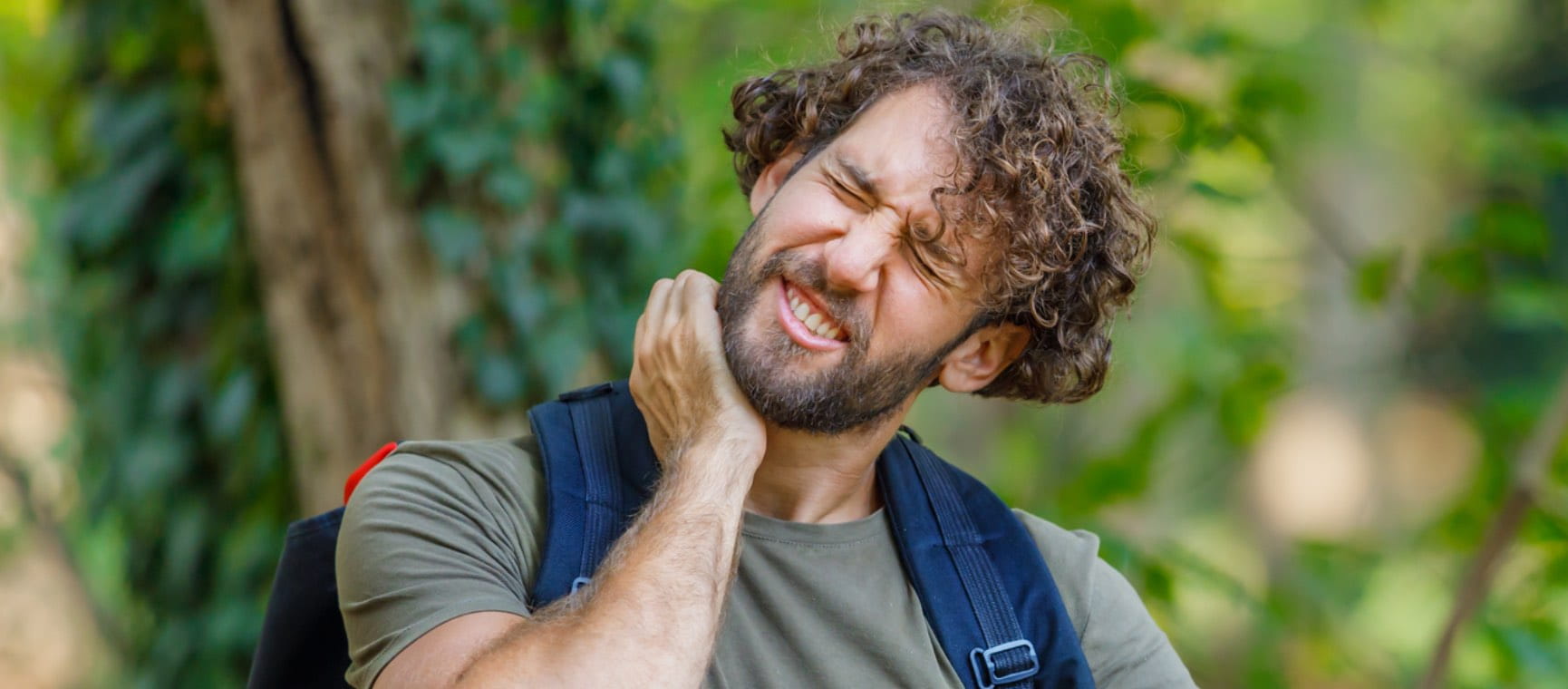

Everything you need to know about the lung infection, and how you could be ill with “walking” pneumonia without realising it.
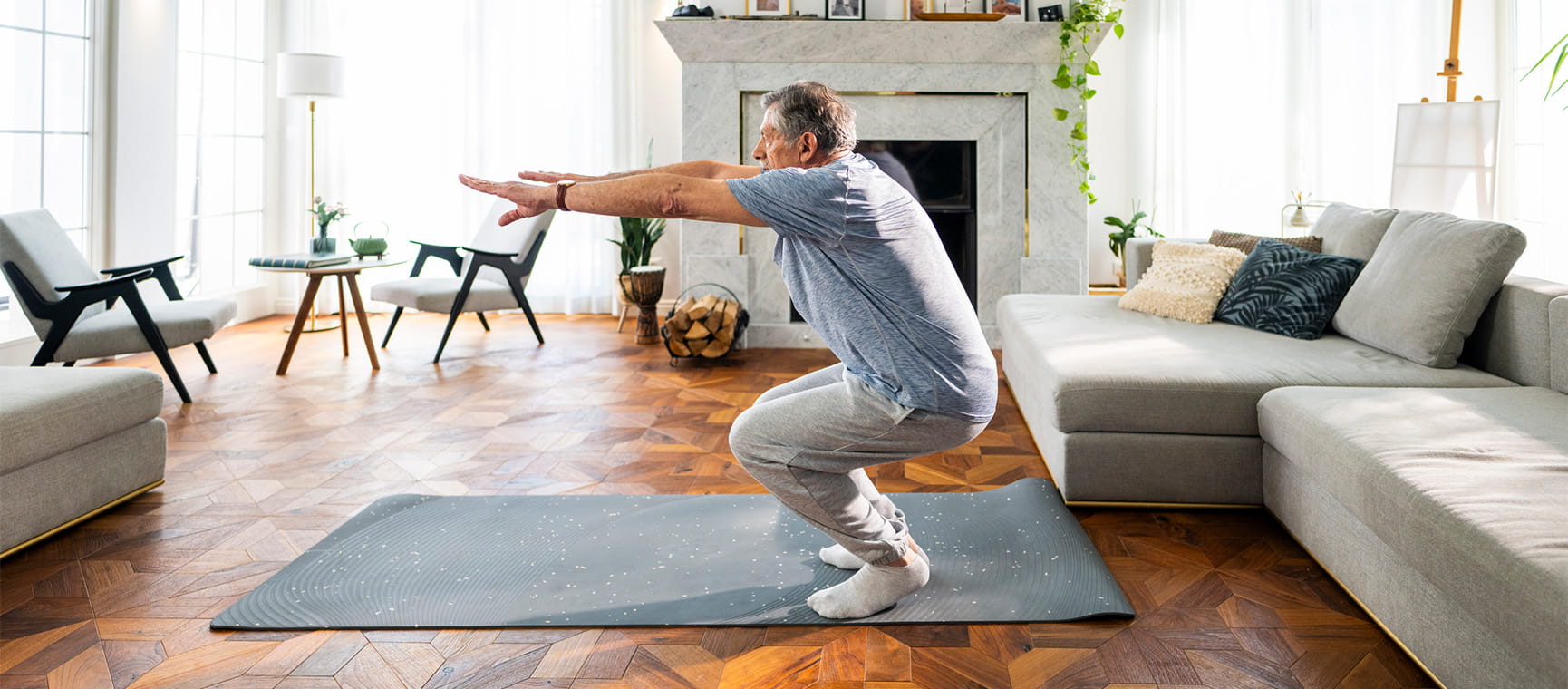
Strong calves for a strong mind: how they support our circulation and brain health, with easy moves to strengthen yours at home.


Our GP Dr Mark Porter explains what can cause itchy skin, which is a common problem as we get older.
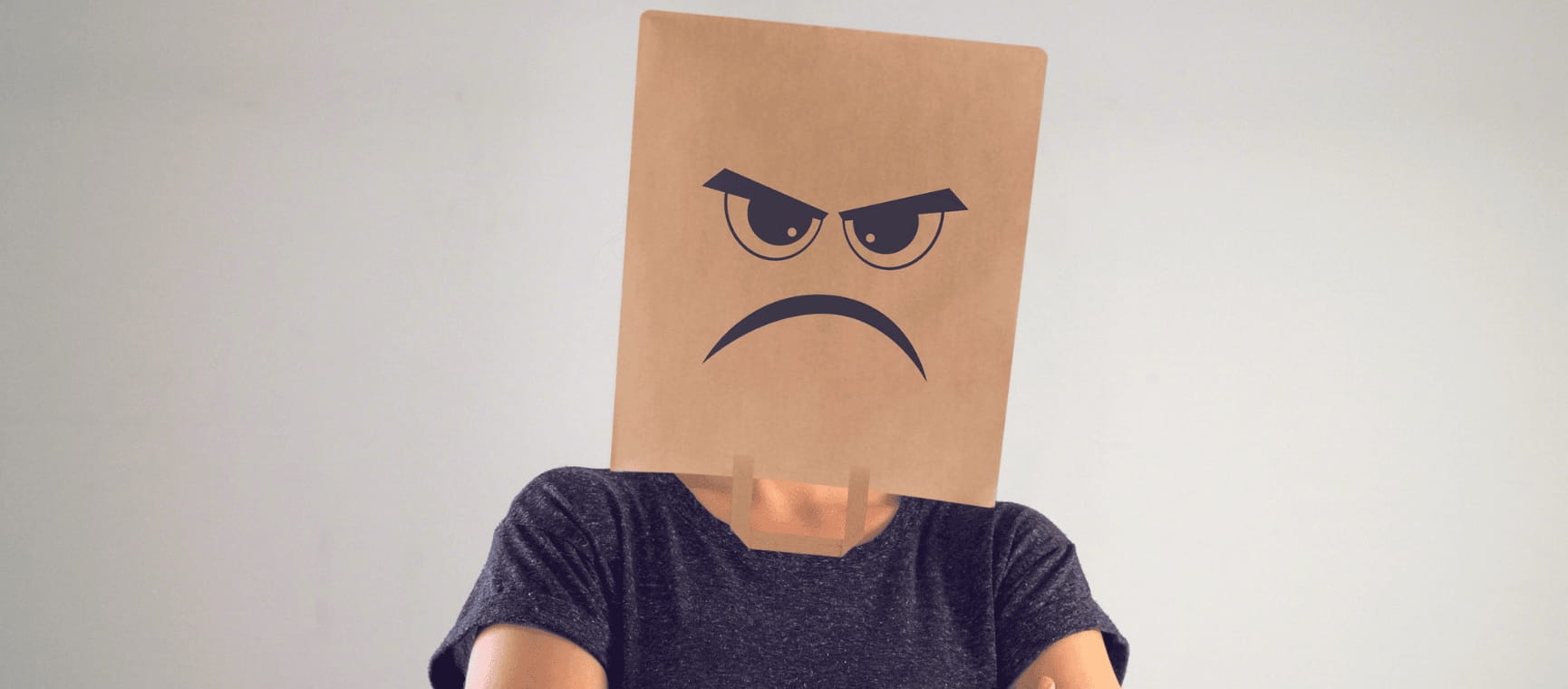
Worried you’ve morphed into Victor Meldrew? Find out how to battle that bad mood, and what to do if you’re stuck with a grouchy loved one.

The benefits of heat and cold therapy, and how Nordic bathing won over our nervous writer.

Here’s how to spot the symptoms of heat disease and reduce your danger.
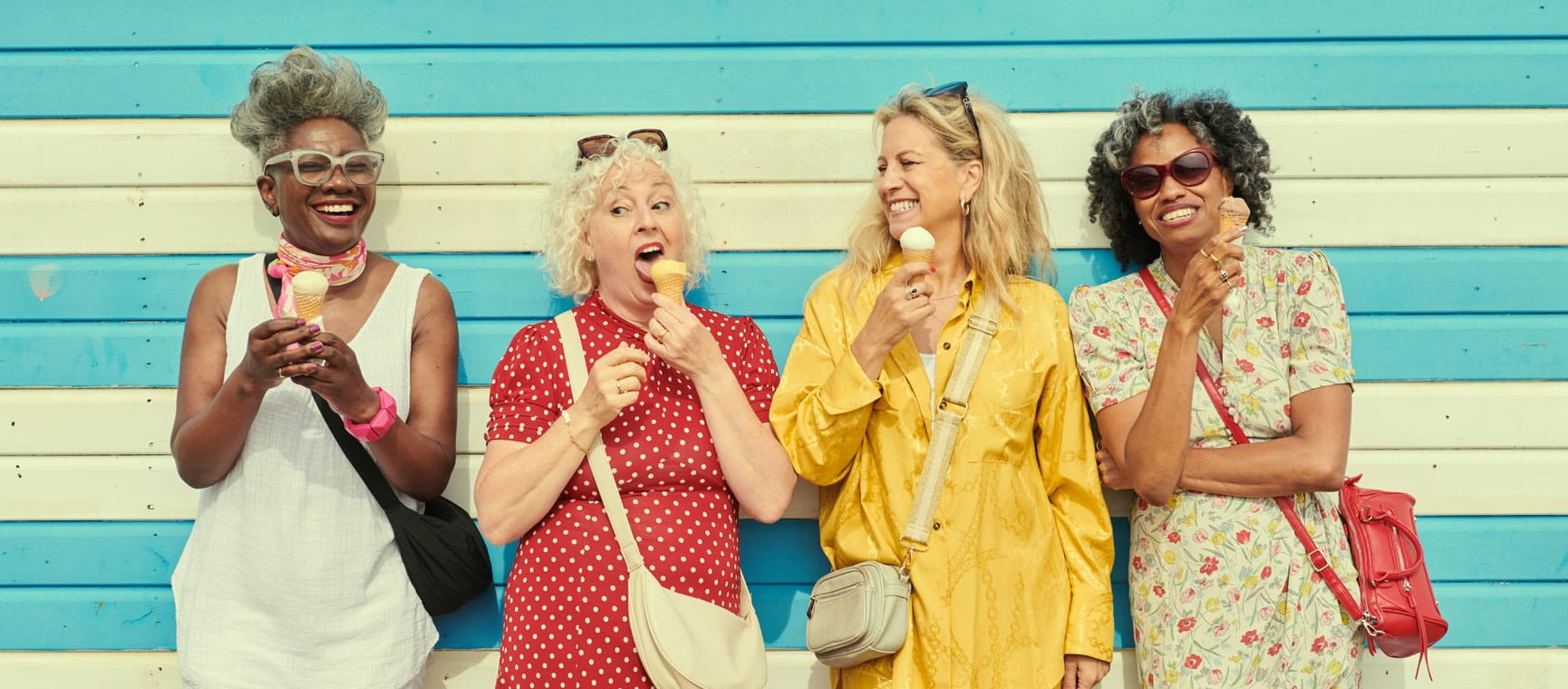
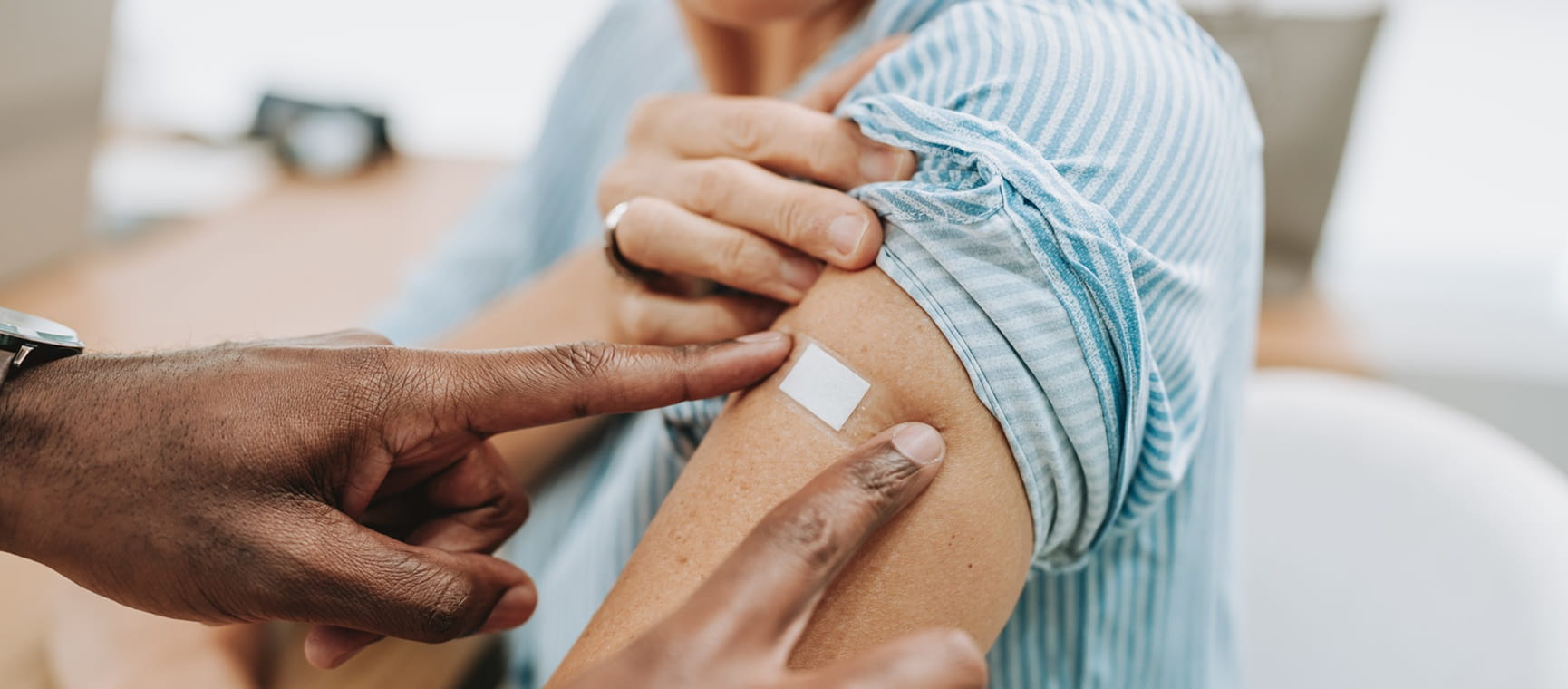
The NHS winter vaccination campaign kicks off next week. Here’s the lowdown on what you need to book.

Pilates for back pain – what to do if you are suffering, and five gentle exercises that could help.
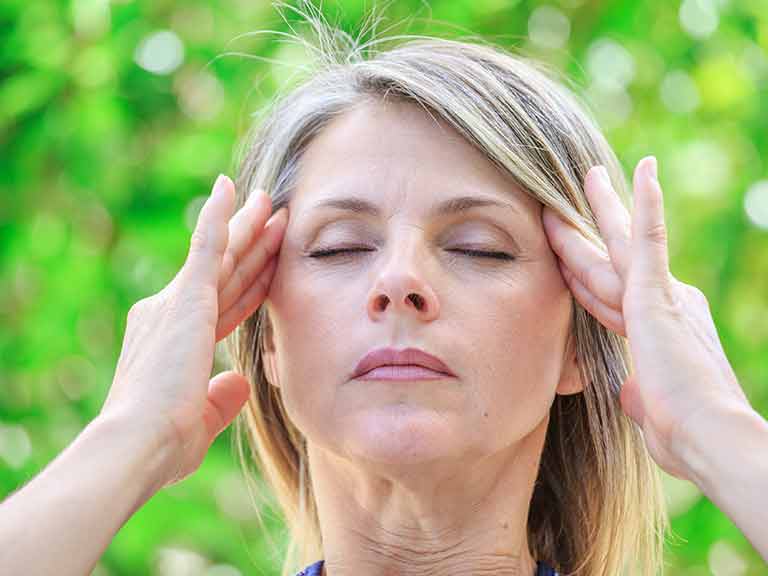
Dizziness or vertigo: a sensation of spinning, can stop us doing everyday things for fear of falling. Try these tips to stop feeling dizzy


You don’t have to put up with bladder leaks. We try out the latest pelvic floor gadgets for men and women.
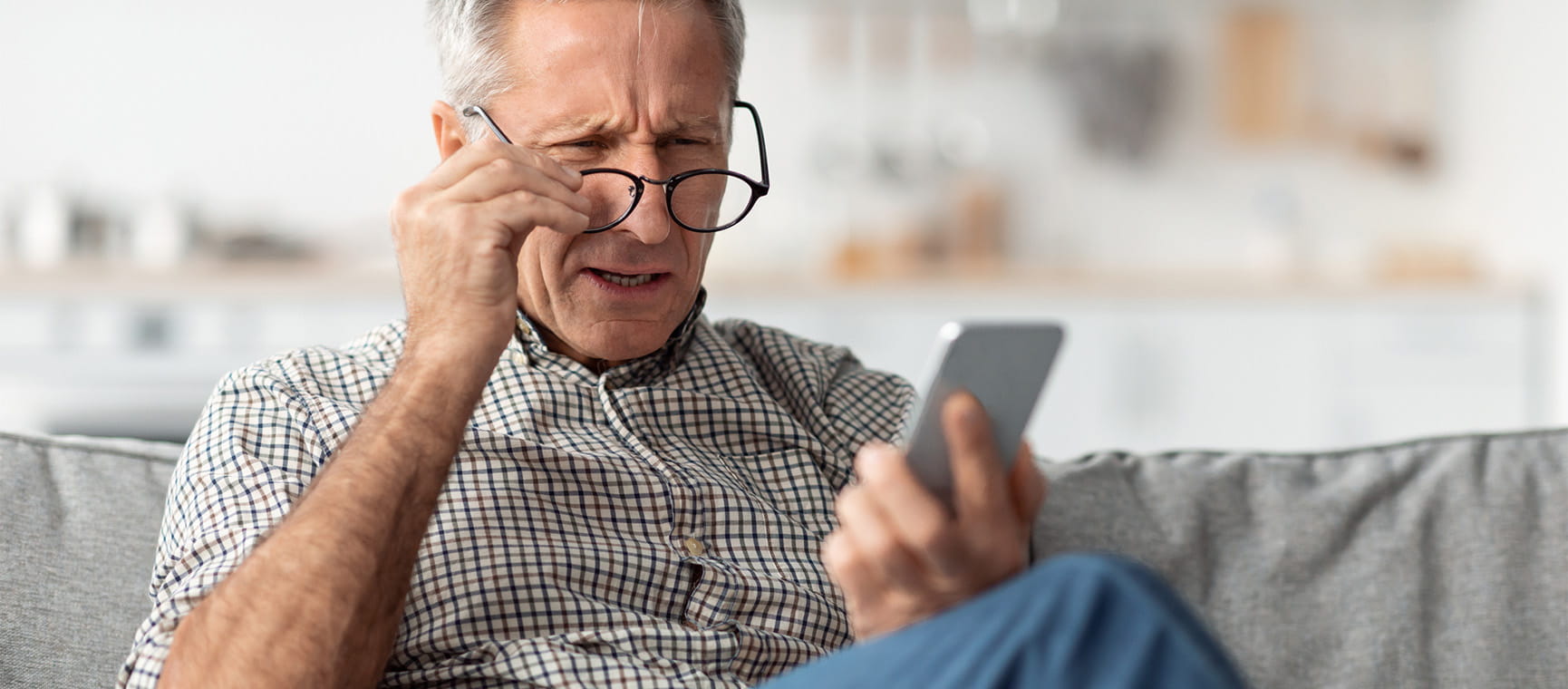
Cataracts are a normal part of ageing. Learn how to spot the signs – and when it’s time to consider surgery.